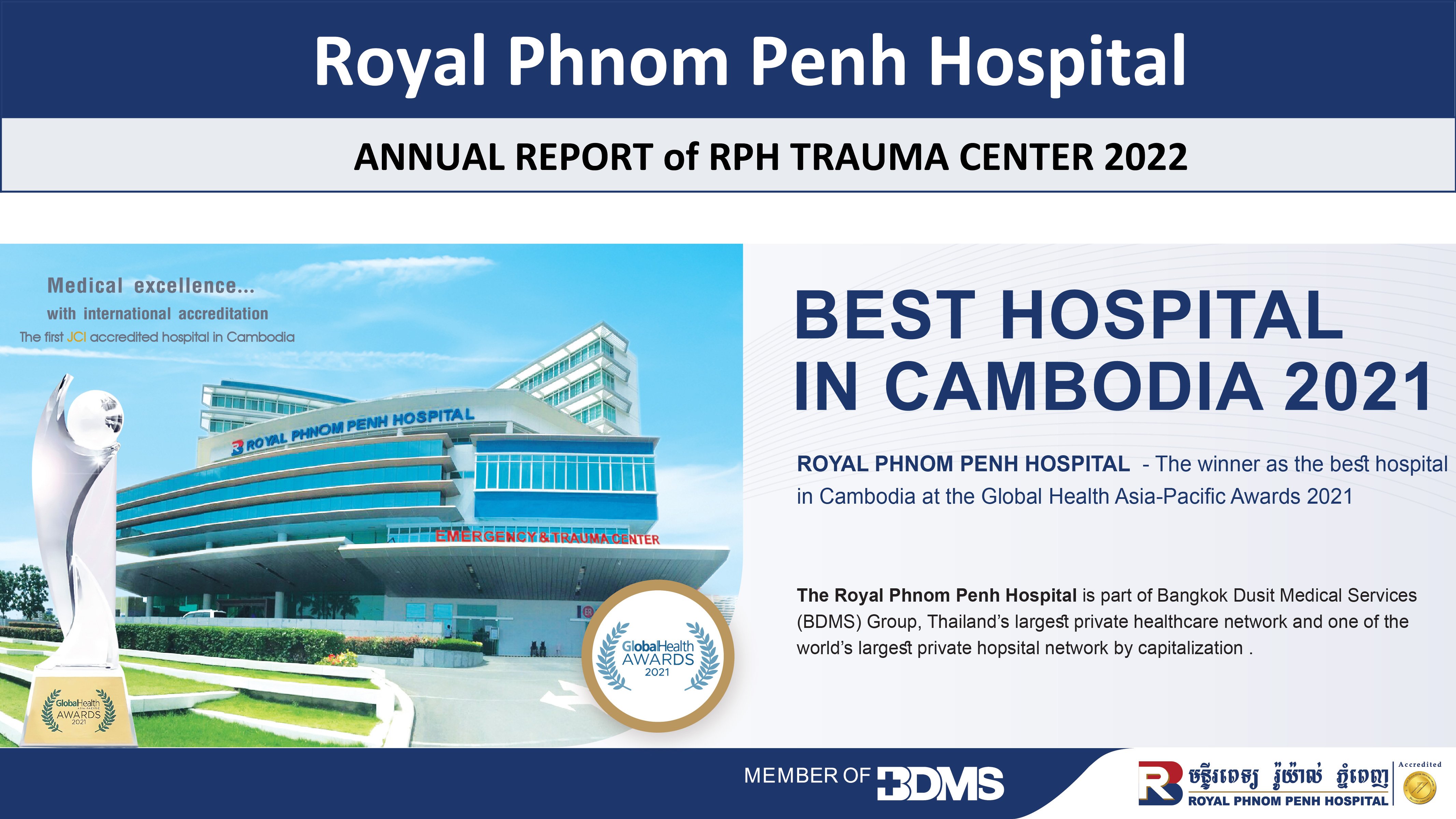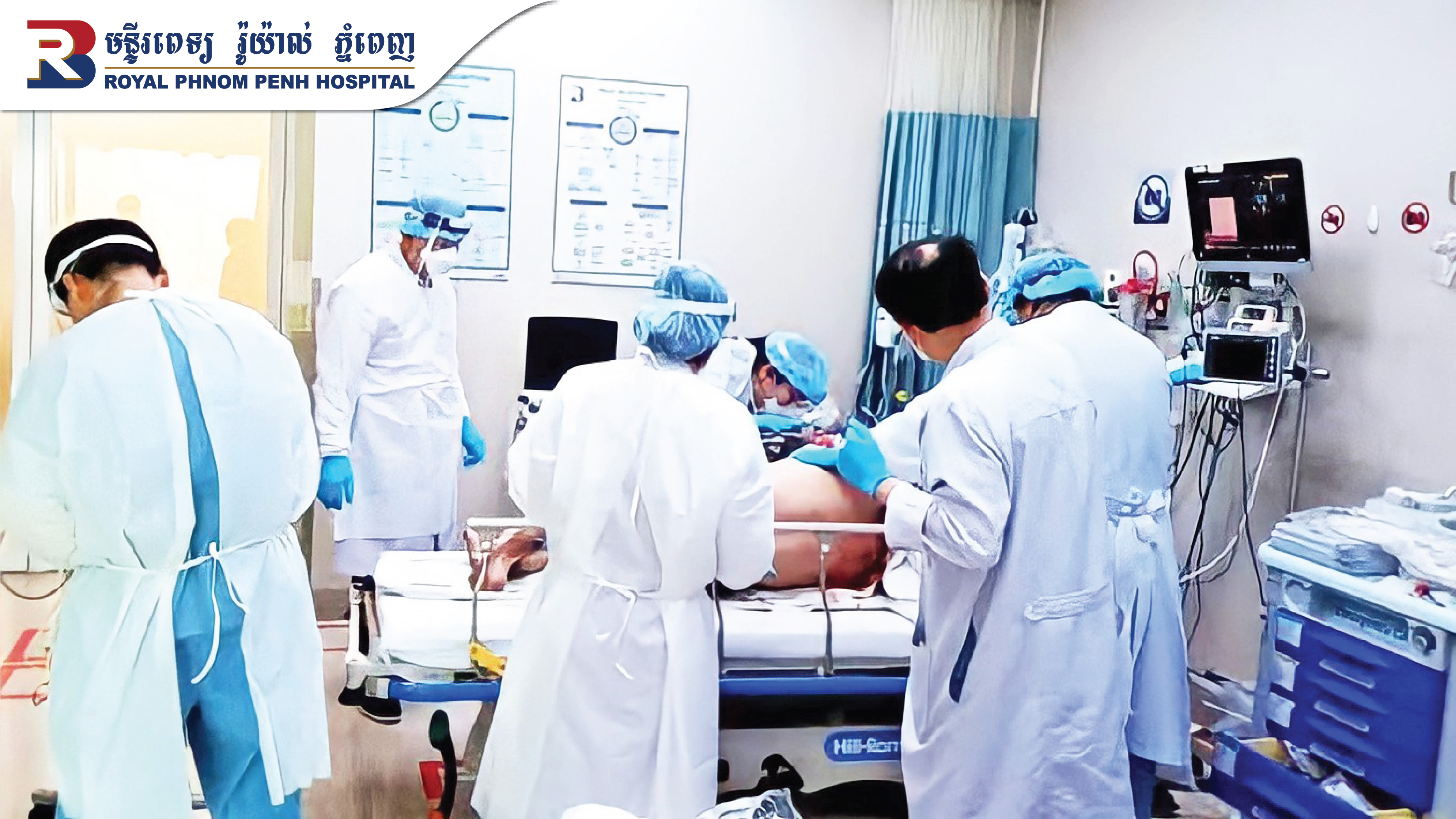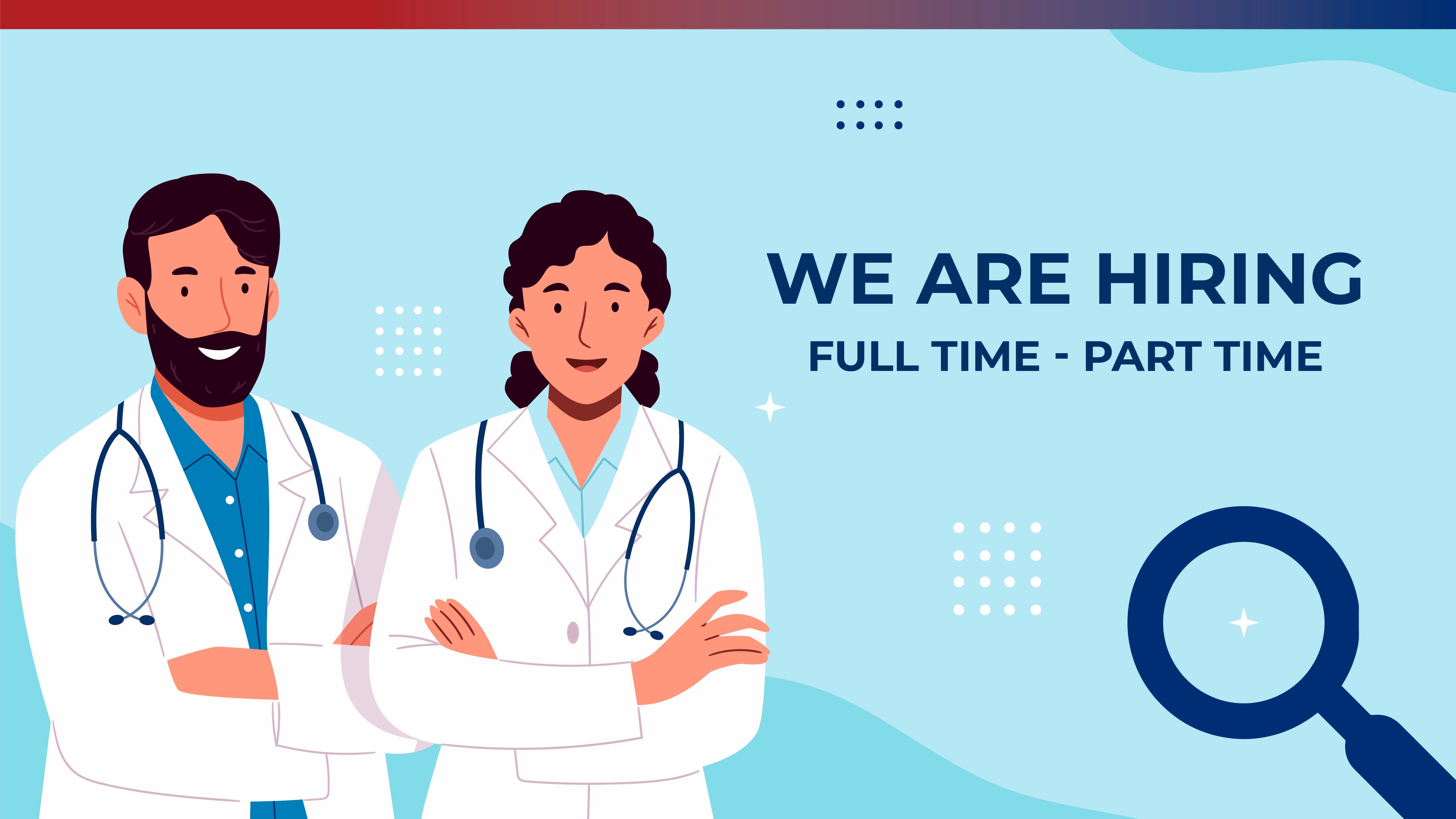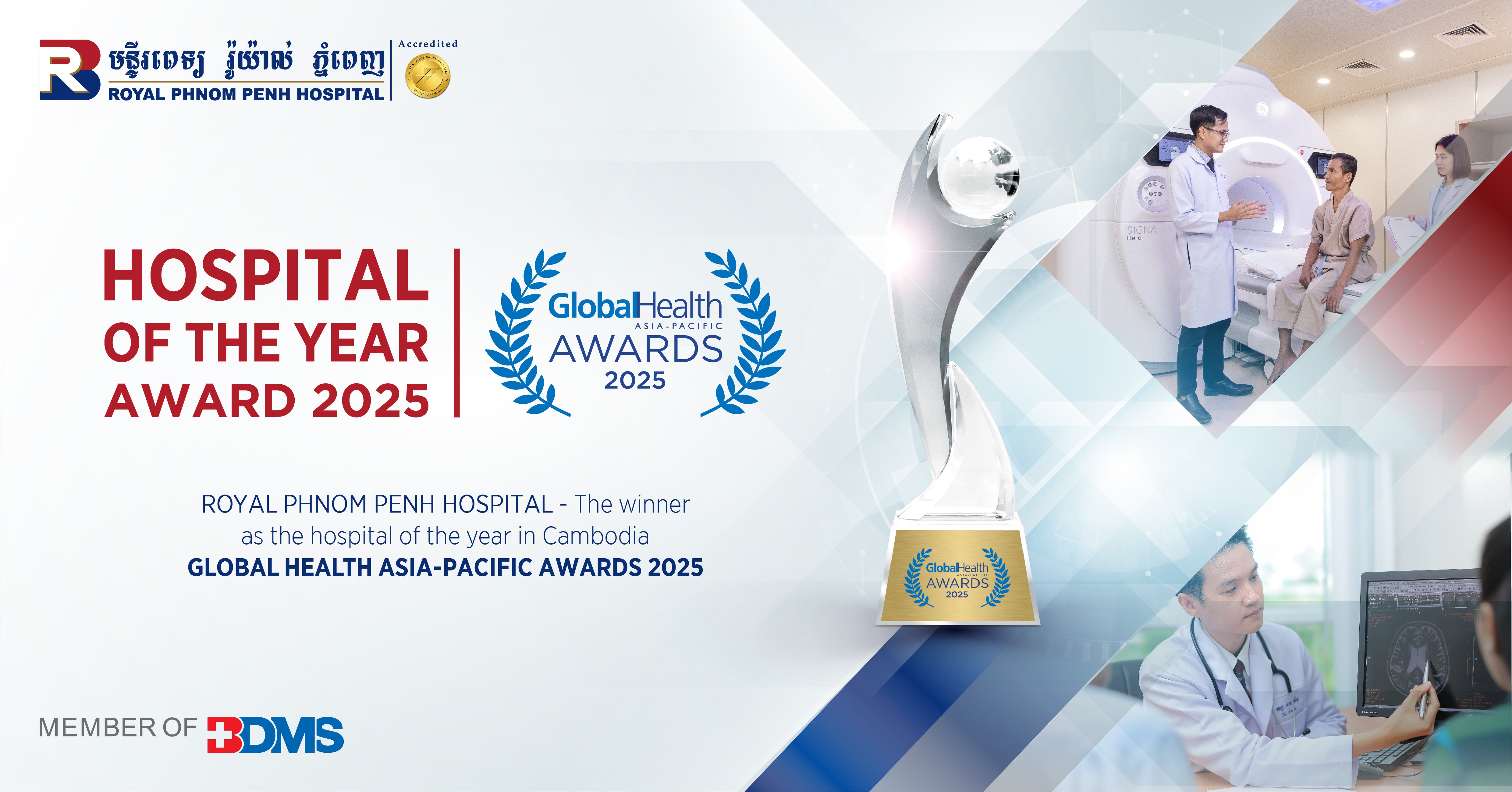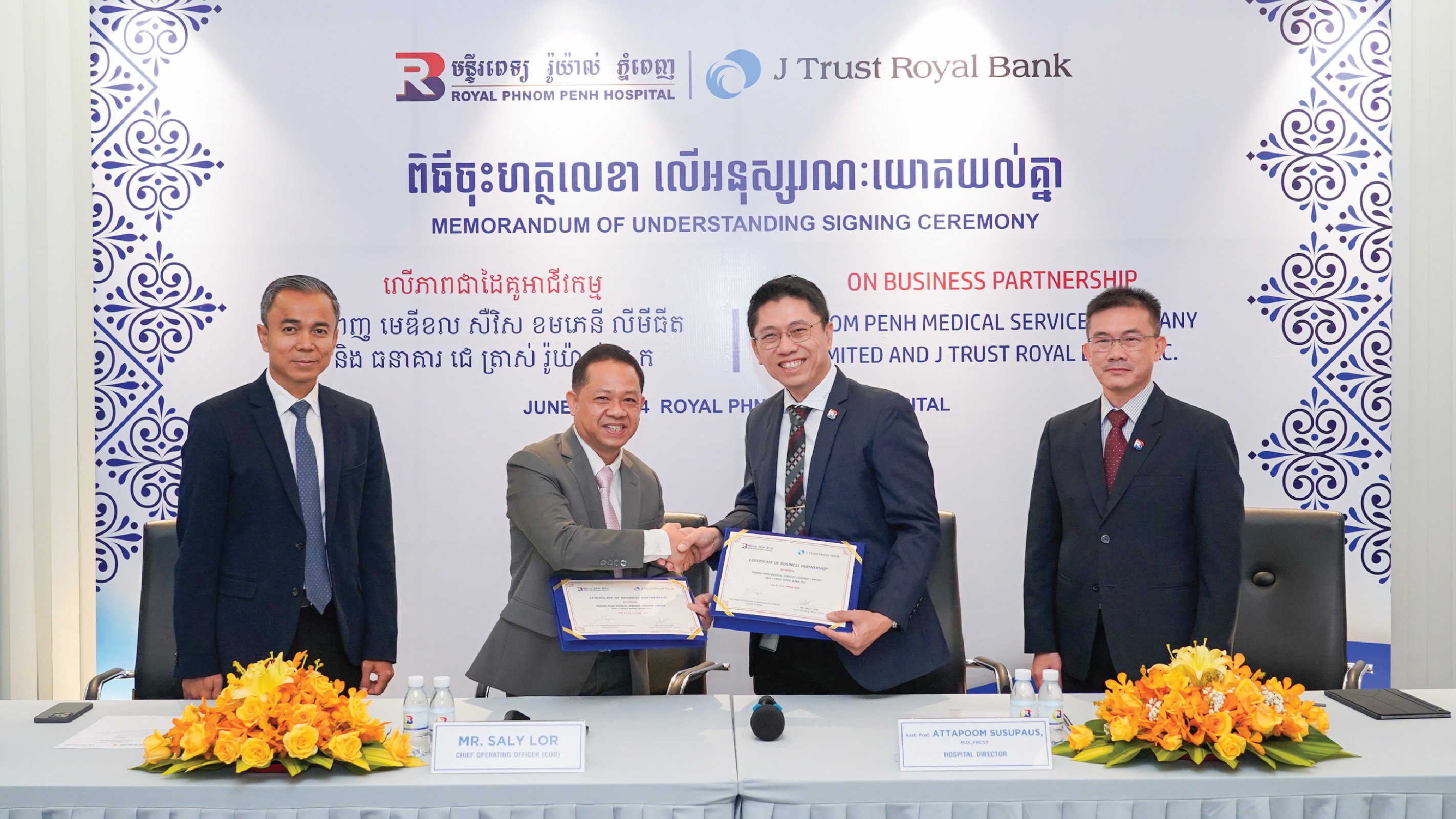SNORING AND SLEEP APNEA
How to distinguish normal snoring from potentially harmful Sleep Apnea? Obstructive Sleep Apneas (OSA) are most common in people with obesity,and the risks of OSA increase with age. Problems with sleep apnea may have a variety of causes; as such, an initial diagnosis that is accurate is important. Once the cause/causes have been pinpointed appropriate treatment can begin. Treatment for Obstructive Sleep Apnea can be surgical and non-surgical. Types of Snoring
- Normal Snoring – In the long-term this can have a significant impact on the individual as it can cause blood vessels to the brain to thicken.Furthermore, it can cause one’s partner to have difficulty in sleeping, as well as affect their quality of sleep.
- Obstructive Sleep Apnea – This occurs because the airways become completely narrowed during sleep. As with snoring, when you sleep
the muscles and tissues in the throat relax, but sometimes they may relax to such an extent that breathing is completely blocked. Sleep Apnea can be identified by loud snoring which is then followed by periods when breathing stops or nearly stops, causing the brain to send alarm signals resulting in the individual waking up due to the lack of oxygen. This may happen several times a night, causing the person to not feel rested and sleepy the next day. Sleep apnea can also increase the risk of high blood pressure, atrial fibrillation, pulmonary hypertension, and stroke. People with obesity will most likely snore; however snoring is also present in skinnier individuals Sleep Lab – A sleep lab is when body activity is monitored during sleep and is used to determine the type of snore the patient is experiencing,as well as indicate the severity of any conditions such as Obstructive Sleep Apnea and aid your physician in outlining an effective treatment plan.
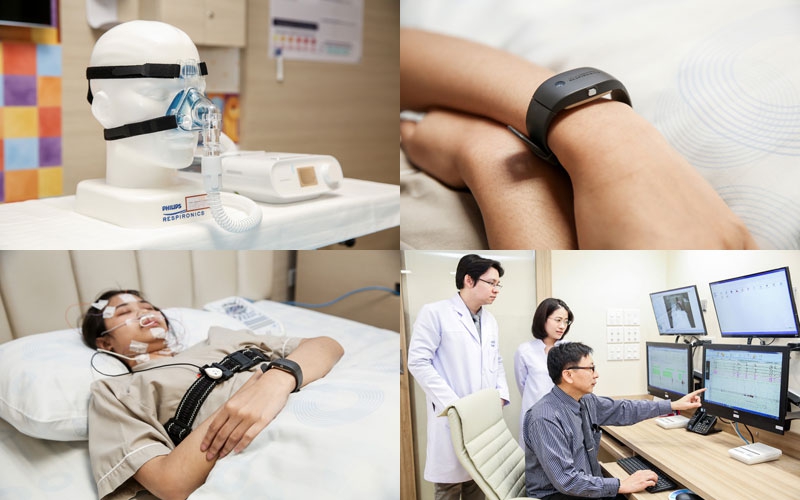
Who should take a Sleep Lab? For Adults, a Sleep lab should be taken if:
- You wake up in the morning feeling weary, not rested
- Dizziness, always feeling like you need to back to sleep
- You feel you did not get a full night’s sleep, as if you had been up all night. You are easily irritable and impatient.
- You get so sleepy during the day at work that it affects your ability to function in your job, e.g. dozing off at work during a meeting, reading a book, watching a movie or television
- You have difficulty breathing, especially during sleep
- Suddenly waking up or heavy breathing due to lack of oxygen
- You have unexplained hypertension
- Your effectiveness, productivity, or results at work deteriorate because of sleepiness, lack of concentration, poor brain function, and impaired memory
- You wake up frequently in the middle of the night, or in order to urinate.

- For Children, a Sleep Lab should be taken if:
- During an infant’s first year, there are suspicions of periodic lack of breathing, abnormalities in the ear, nose, and oral cavity
- The child snores or experiences breathing difficulties during sleep which may be caused by narrowing of the pharynx
- The child has difficulty falling asleep or remaining asleep, and has difficulty remaining awake during the day
- Results at school deteriorate due to sleepiness, lack of concentration,brain development, and impaired memory
- The child experiences sleepwalking or frequent nightmares.
-
For further information contact Brain Center (Neurology) Bangkok International Hospital Call. +662 310-3011, or 1719 (Local calls)



